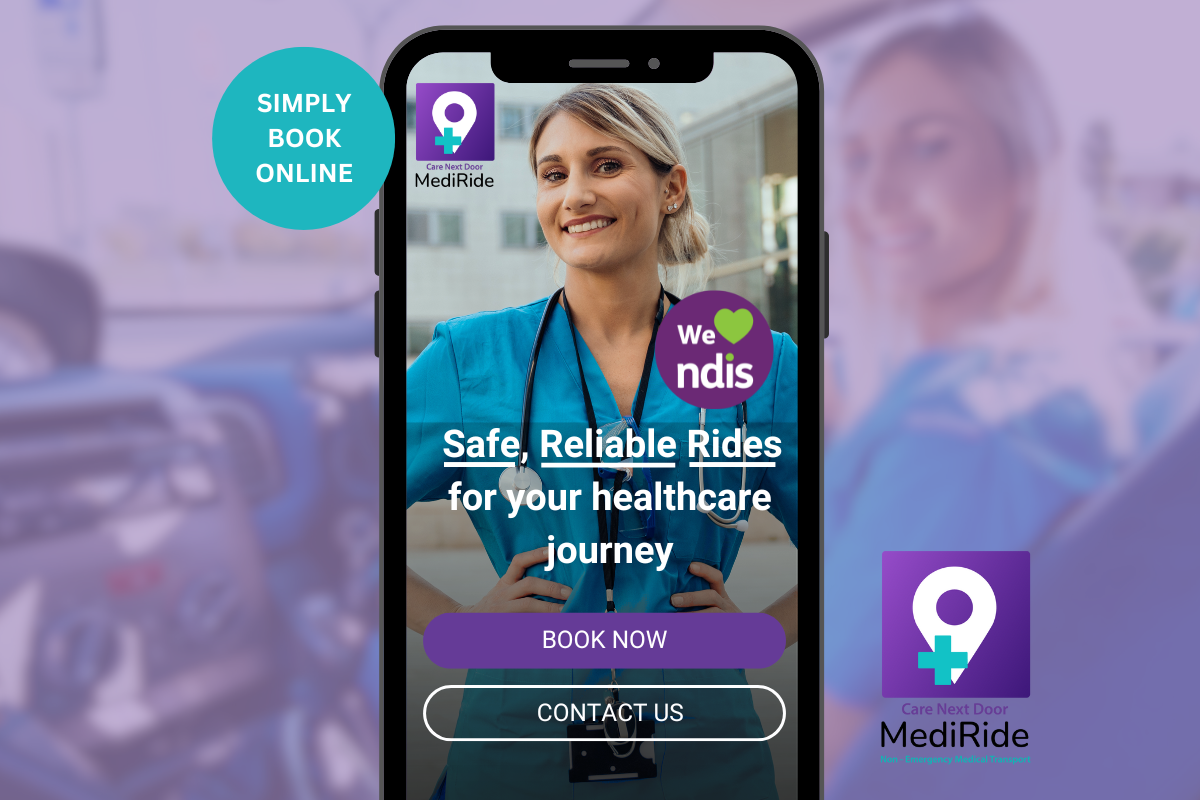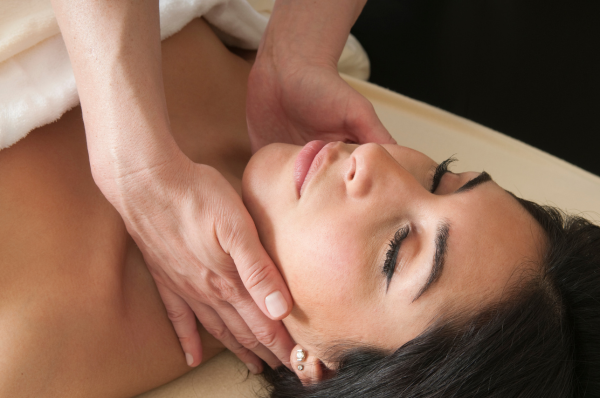Book Your MediRide Transport and Aftercare Online: Simplifying Post-Op Care

The Ultimate Solution for Post-Op Care and Transport
At Care Next Door, we understand that the journey to recovery starts the moment you leave the hospital. That's why we've created MediRide, a comprehensive transport and aftercare service designed to ensure that patients receive the best possible care from the hospital door to their home. With our convenient online booking system and professional carer/nurse drivers, MediRide is here to provide you with the peace of mind you need during your post-op journey.
Effortless Online Booking: Convenience at Your Fingertips
Streamlined Process for Stress-Free Scheduling
Booking your post-op transport and aftercare service has never been easier. With our user-friendly online platform, you can schedule your MediRide service in just a few clicks. Simply visit our website, select your preferred date and time, and provide us with a few details about your needs. Our system is designed to be intuitive and efficient, ensuring that you can focus on your recovery while we take care of the logistics.
Prompt Confirmation for Peace of Mind
Our online booking system is designed to make scheduling your MediRide service as straightforward as possible. Once you select your preferred date and time, our team will review your request and confirm your booking promptly. You'll receive a detailed confirmation email with all the necessary information, ensuring that your transport and aftercare arrangements are set and ready to go. This streamlined process allows you to focus on your recovery, knowing that your needs are being taken care of.
Door-to-Door Service: Comfort and Care Every Step of the Way
Personalised Transport with Carer/Nurse Drivers
MediRide goes beyond traditional transport services by providing carer/nurse drivers who are trained to handle the unique needs of post-op patients. Our team is dedicated to ensuring your comfort and safety during the entire journey. From assisting you with getting in and out of the vehicle to monitoring your condition during the ride, our carer/nurse drivers are there to provide the support you need.
Safe and Comfortable Vehicles
Our fleet of vehicles is specifically equipped to cater to the needs of post-op patients. Each vehicle is designed to provide a smooth and comfortable ride, with features such as reclining seats, ample legroom, and climate control. We prioritize cleanliness and hygiene, ensuring that our vehicles are sanitized thoroughly before each trip.
Comprehensive Aftercare: Beyond Just Transport
Professional Care in the Comfort of Your Home
MediRide doesn't stop at transport. Our aftercare services ensure that you receive professional care once you arrive home. Our skilled carers and nurses are equipped to handle a variety of post-op needs, from wound care and medication management to physical therapy and daily living assistance. We work closely with your medical team to create a personalized care plan tailored to your recovery.
Continuous Support and Monitoring
Our commitment to your well-being extends beyond the initial post-op period. With MediRide, you have access to continuous support and monitoring. Our team is available to answer any questions, provide guidance, and make necessary adjustments to your care plan as your recovery progresses. We are dedicated to helping you achieve the best possible outcome.
Why Choose MediRide?
Expertise and Compassion
At Care Next Door, we pride ourselves on our team of experienced and compassionate professionals. Our carer/nurse drivers and aftercare specialists are dedicated to providing the highest level of care and support. We understand the challenges of post-op recovery and are here to make your journey as smooth and stress-free as possible.
Convenience and Peace of Mind
With our online booking system, door-to-door service, and comprehensive aftercare, MediRide offers unparalleled convenience and peace of mind. You can rest assured that every aspect of your post-op care is being handled by experts who are committed to your well-being.
Your Partner in Recovery
Choosing MediRide means choosing a partner in your recovery. Let Care Next Door's MediRide service take care of your transport and aftercare needs, so you can focus on what matters most – getting better. Book your MediRide service today and experience the difference that professional, compassionate care can make in your post-op journey.
For more information or to book your MediRide service, visit www.mediride.com.au or contact us at 02 9666 7930. We're here to support you every step of the way.



Care Next Door NDIS registered quality nursing and support services across the Sydney Metropolitan Area. Specialising in Patient Transport, Post-Surgery Care and In-Home Care.
In Home Care Services
Healthcare Services
All Rights Reserved | Care Next Door

